Mike Flanagan’s debut film “Absentia” is a masterpiece of empathic horror — an effective tale of guilt, addiction, and finding a way forward.
From a personal standpoint, I don’t think I’ll ever stop espousing the genius of Mike Flanagan’s first film, Absentia.
It’s difficult to believe that Flanagan’s only been making features for around a decade because Absentia is just that masterful. From the beginning, Flanagan showed audiences that he was truly an empathetic and methodical storyteller.
Horror has never been about jumpscares with Flanagan — although the few we do get are art in themselves. It’s always been about the horror of the heart. Flanagan doesn’t seek just to wrack your nerves but your emotions too.
I owe a lot to Flanagan as a lover of horror and as a writer myself.
Stumbling upon Absentia all those years ago opened up an entire world for me. I was already in love with horror that explored humanity’s fears on a deeper level. I’ve covered some of those in this column, including May and Let the Right One In. These are horror films that go strictly beyond pure entertainment value and work on more than one level, proving that horror has great emotional depth.
Flanagan has become emblematic of empathetic horror, so it only seems right to examine the beautifully wrought emotional tension of his first feature-length film.
Absentia follows heavily pregnant Tricia (Courtney Bell) who is faced with declaring her missing husband, Daniel (Morgan Peter Brown), dead in absentia. Tricia’s younger sister, a prodigal born again Christian and former addict, Callie (Katie Parker) comes to offer Trish emotional support during her time of need. Strange occurrences — including Daniel’s reappearance — start to take place in connection to a tunnel not far from Tricia’s home.
Of course, Callie gets sucked into the dramatic cases of disappearances surrounding the tunnel, and her past addictions are used against her as increasingly strange events reveal that there could be monsters and realms beyond human comprehension.
Tricia is a character stuck in a state of limbo, and the prospect of moving on has filled her with guilt and dread. Her life has been shaped around the gaping hole of Daniel’s disappearance. The audience feels that stagnation when she is introduced.
She’s living in the home they share, and after seven years, she is still putting up missing person flyers for him. Having a baby with another man and declaring Daniel dead and moving on with life must feel like a betrayal to her. Daniel was her husband, yet she has to make the choice to continue forward with her life instead of living in the past. There’s no return when you declare someone dead and you open yourself up to other romantic opportunities.
Tricia’s anxiety has led her to seek out meditation as a coping method, but it does little to keep her nightmares and guilt-induced hallucinations at bay. Emotionally, she is clinging to some semblance of normalcy as she prepares for a new chapter of life.
Transition is painful and nerve-wracking even in the more positive of events, but Tricia is stuck in the bittersweet ebb and flow of life.
She should be celebrating the impending birth of her child, but she’s preparing paperwork and working through her own grief.
Tricia’s unique situation is made more complicated by her pregnancy, and her unborn child becomes a symbol of her hope and her guilt.
The child’s father is obviously Detective Mallory (Dave Levine), the officer who has been working Daniel’s missing person case over the years. Her romantic liaison with Mallory causes Tricia to feel like she’s betraying Daniel and thus their love hasn’t been allowed to progress.
Mallory has been devoted to Tricia and wants a future with her and the baby. However, he respects that Tricia has to process grief in her own way and her own time before she comes to accept Daniel’s likely death and take further steps in her own life. Of course, this is not easy, and Tricia is plagued with haunting nightmares of Daniel harming her baby, reaching through her stomach, and grabbing the fetus itself.
The nightmares reflect the weight of grief that eats at Tricia’s psyche. Naturally, when Daniel reappears, all the progress Tricia had been slowly making is shattered and her life is upended.
Callie’s character is marvelously delineated and is one of the most sympathetic and tender portrayals of addiction and what addicts face in life.
Flanagan has a penchant for exploring the nature of addiction and how it affects the addict and their life and interactions with others.
He’s not a writer and director who sets out to judge his characters, but he is one that sets out to give the audience a deeper understanding of addiction on a level most writers aren’t interested in. Addiction never equates to badness or weakness in Flanagan’s media, and Callie in Absentia is no different.
She is portrayed as a good person fighting to create a better life for herself. Nuance allows Callie to be a flawed yet formidable person all at the same time.
She is never portrayed as one-dimensional, nor is she demonized for her history of drug use. Her character is important and marks the start of many characters that Flanagan would lend such care and concern to when bringing them to life.
However, the reality of addiction is explored.
Tricia, despite being a loving sister, isn’t above throwing Callie’s addiction in her face when the two come to verbal blows. Callie’s addiction is also used to discredit her when she tries to tell the truth about Daniel and others that have gone missing in connection to the tunnel near Tricia’s home. Callie has had the misfortune of seeing the insect-like creatures that inhabit a parallel realm. Of course, Callie isn’t believed by those she confides in, and Tricia lashes out, blaming Callie’s addiction after finding Callie’s stash.
It’s often that those living with addiction come into conflict with their family who have a lack of understanding about addiction and the mental components behind it.
This is a recurring theme in Flanagan’s works and comes up in The Haunting of Hill House as well.
The disconnect and lack of understanding cause friction between the sisters and has dire consequences because Tricia refuses to believe Callie.
Relapse is sadly often a part of addiction and not a sign of weakness, but society often berates those who relapse and treats it as a failure.
Callie has to carry the shame of people looking down on her because of her drug use and the hurt of not being trusted. It’s a heavy burden, but it’s one that many people like Callie have to shoulder in the real world. Her word and her experiences are discredited automatically because of drug use, and a good portion of the film finds her scrabbling for a modicum of belief.
Callie’s desperation is heartbreaking because she is the character that the audience most closely identifies with; she’s the lens through which the viewer sees the story. It was important that Flanagan tell her story with the necessary aplomb, and he did so with the tenderness that was required.
Absentia is a horror that makes audiences uncomfortable on a human level.
Facing the nuance of life can be a horror in itself, being asked to step outside your bubble and identify with characters in situations vastly different than your own is an exercise in empathy and catharsis all in one.
The film is a mental and emotional workout and a rewarding one at that.
ABSENTIA is a beautiful introduction to Flanagan and the humanity of horror that he would come to explore. It’s a barebones and no holds barred sort of movie that reminds us all that there truly is magic in making involving and arresting horror.
Personally, this film helped me realize the kind of horror I wanted to make as a creative, and if I can achieve that, I believe I will have done something that was true to myself and the horror that I love and hold dear.
I know I am not alone in this deep infatuation with chest heaving heart-pounding horror that causes tears to trickle down the cheeks of audiences. It’s the horror that goes against the grain that knows that horror at its core is about emotion.


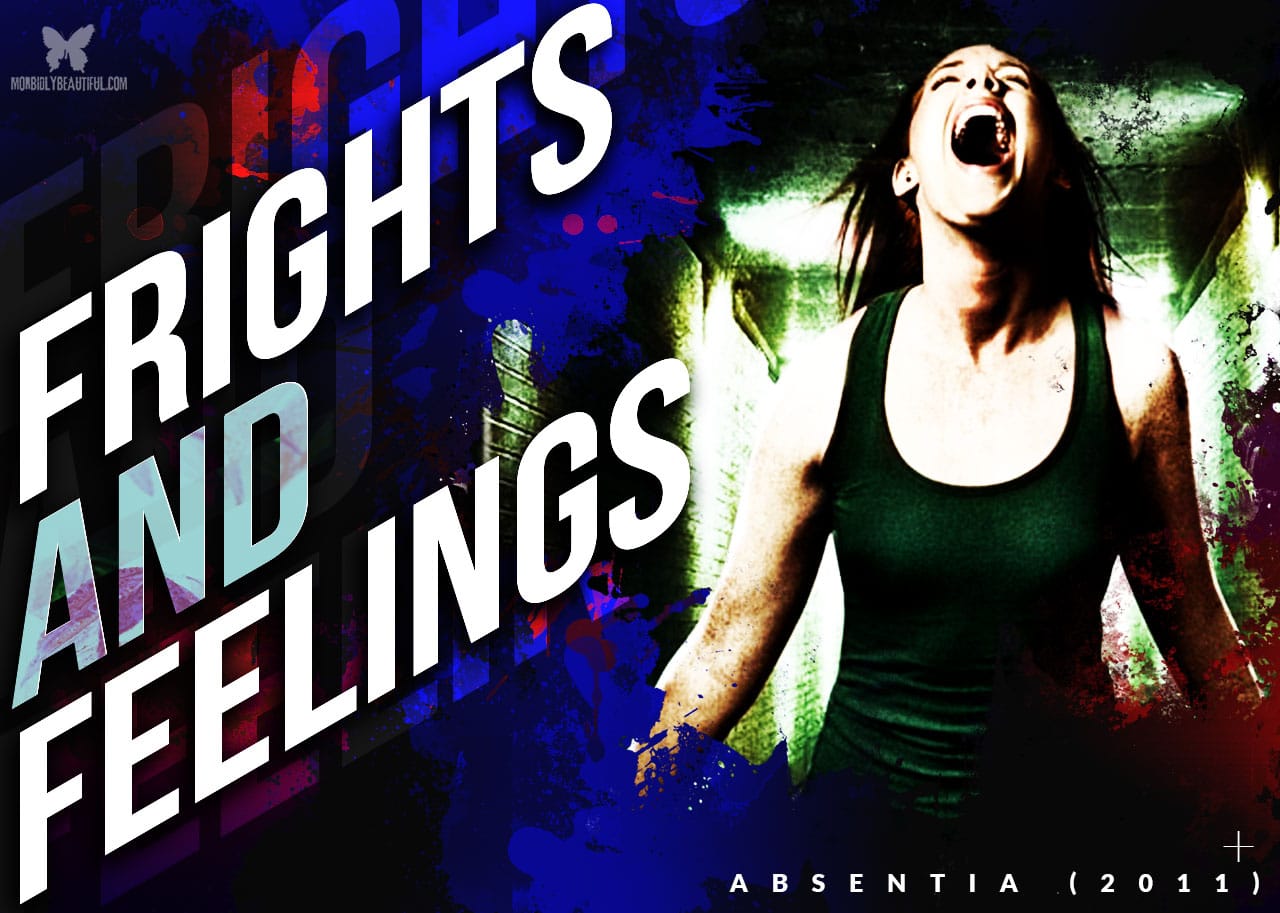
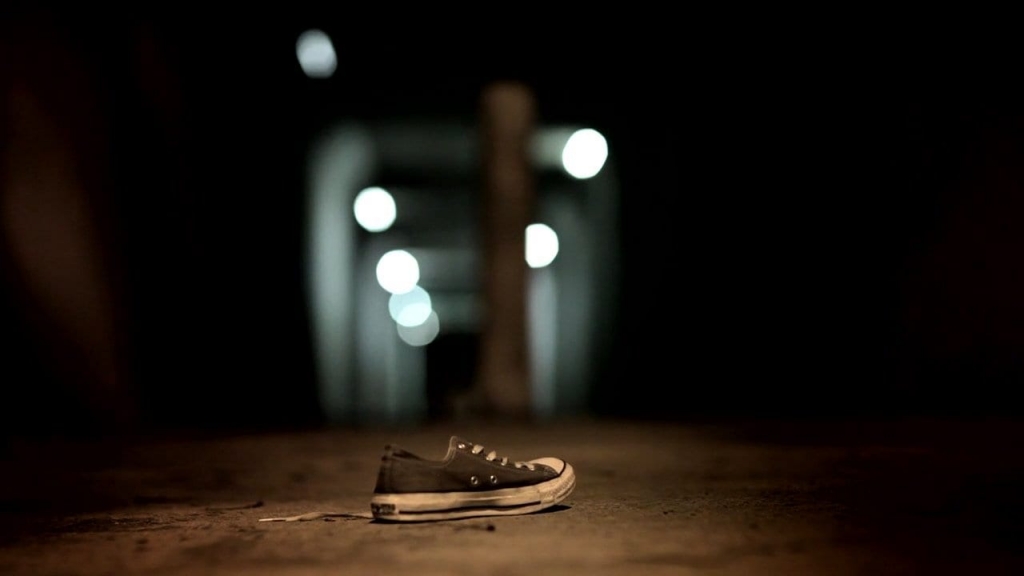
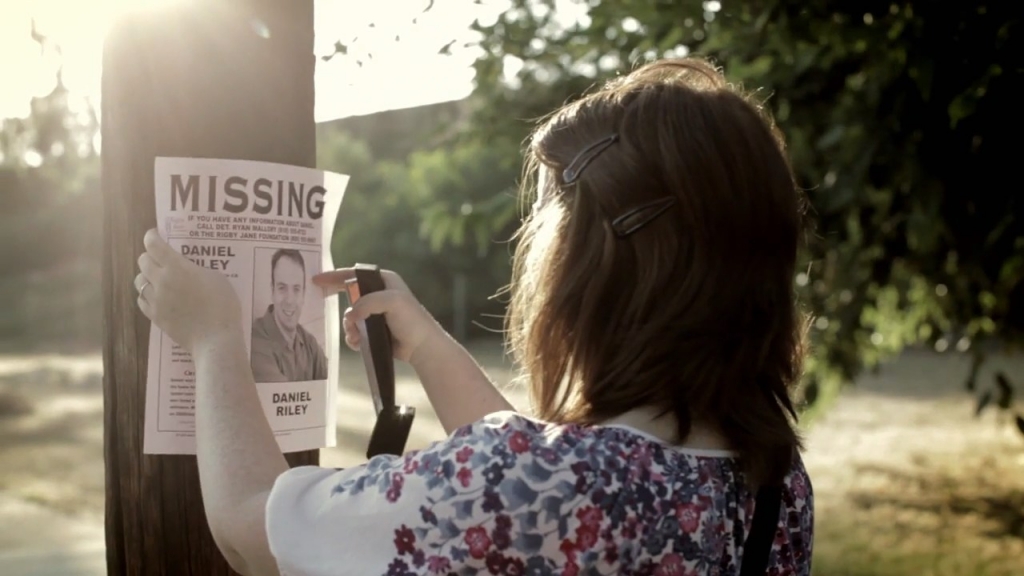

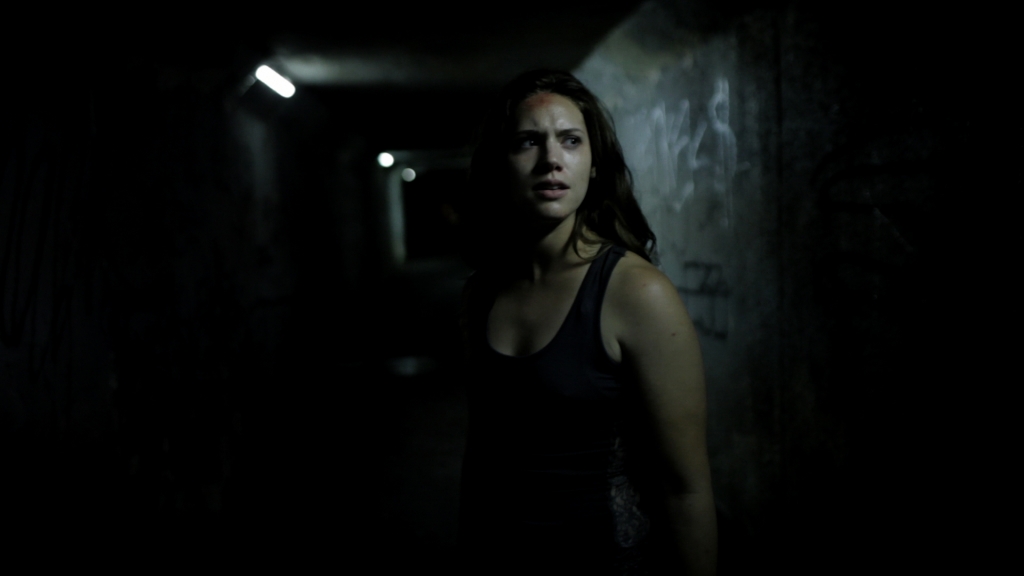
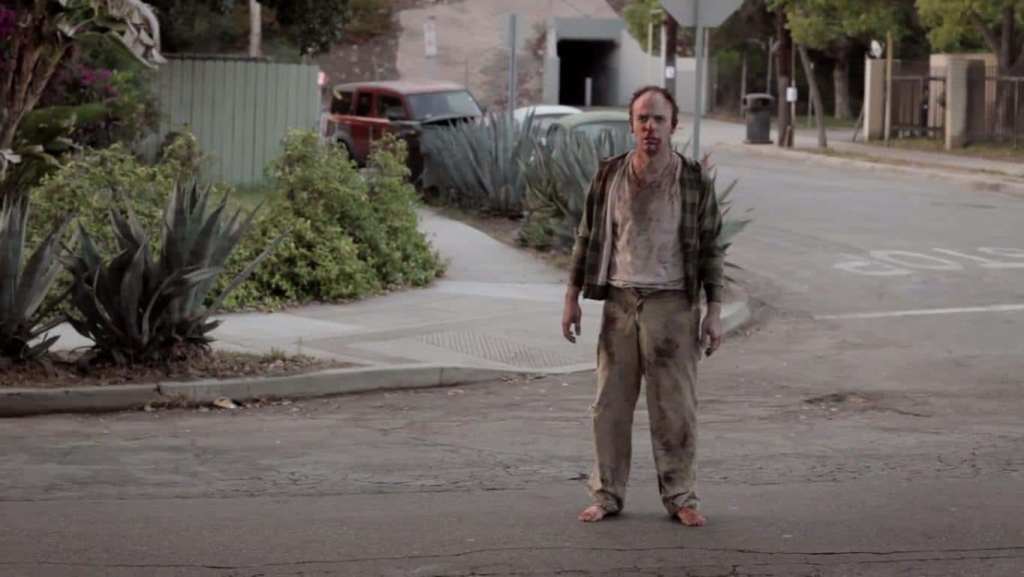
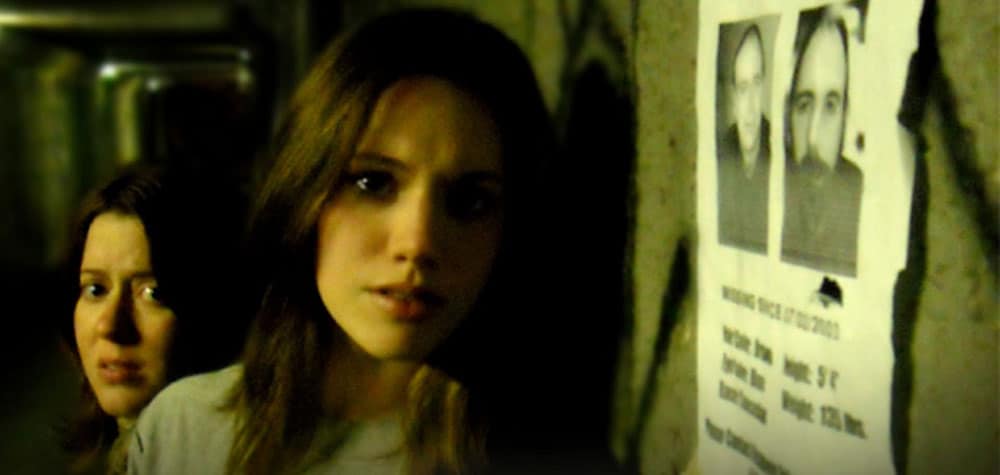










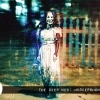
Follow Us!